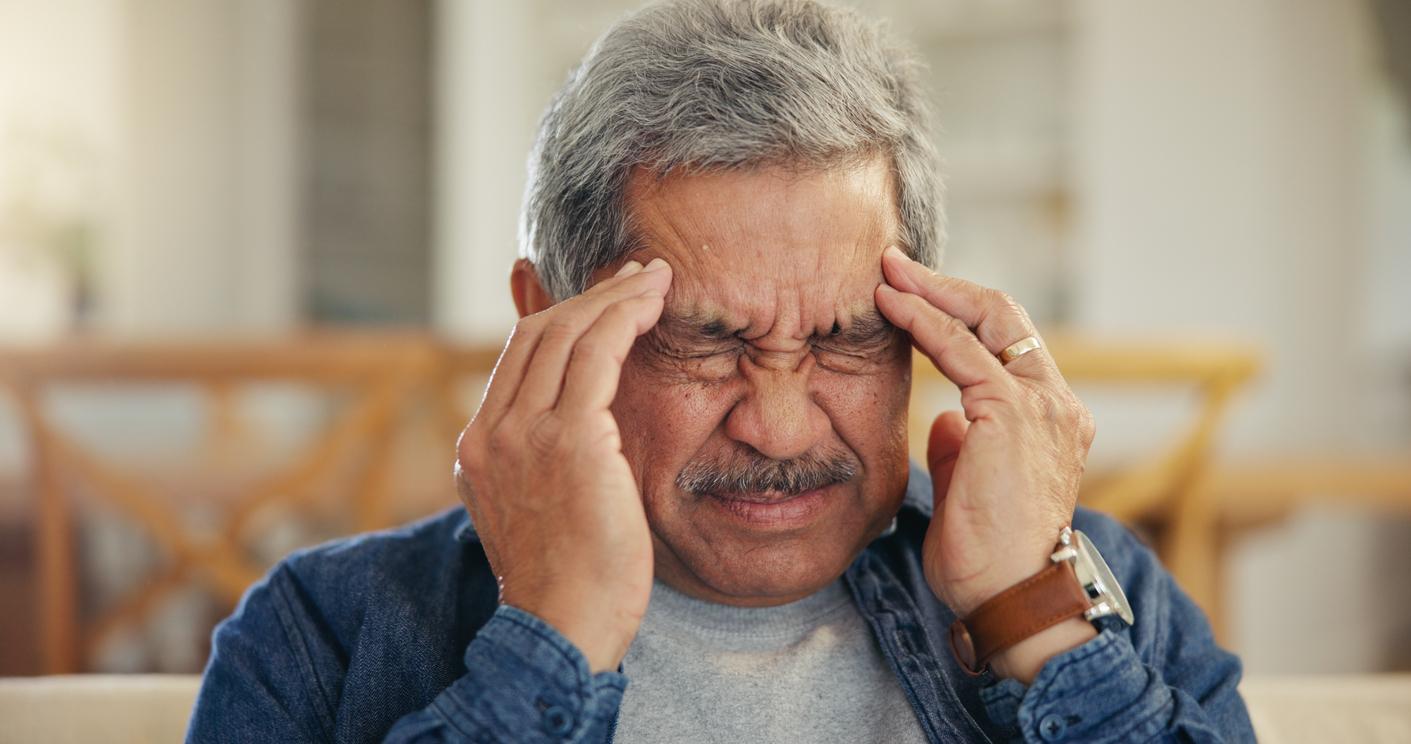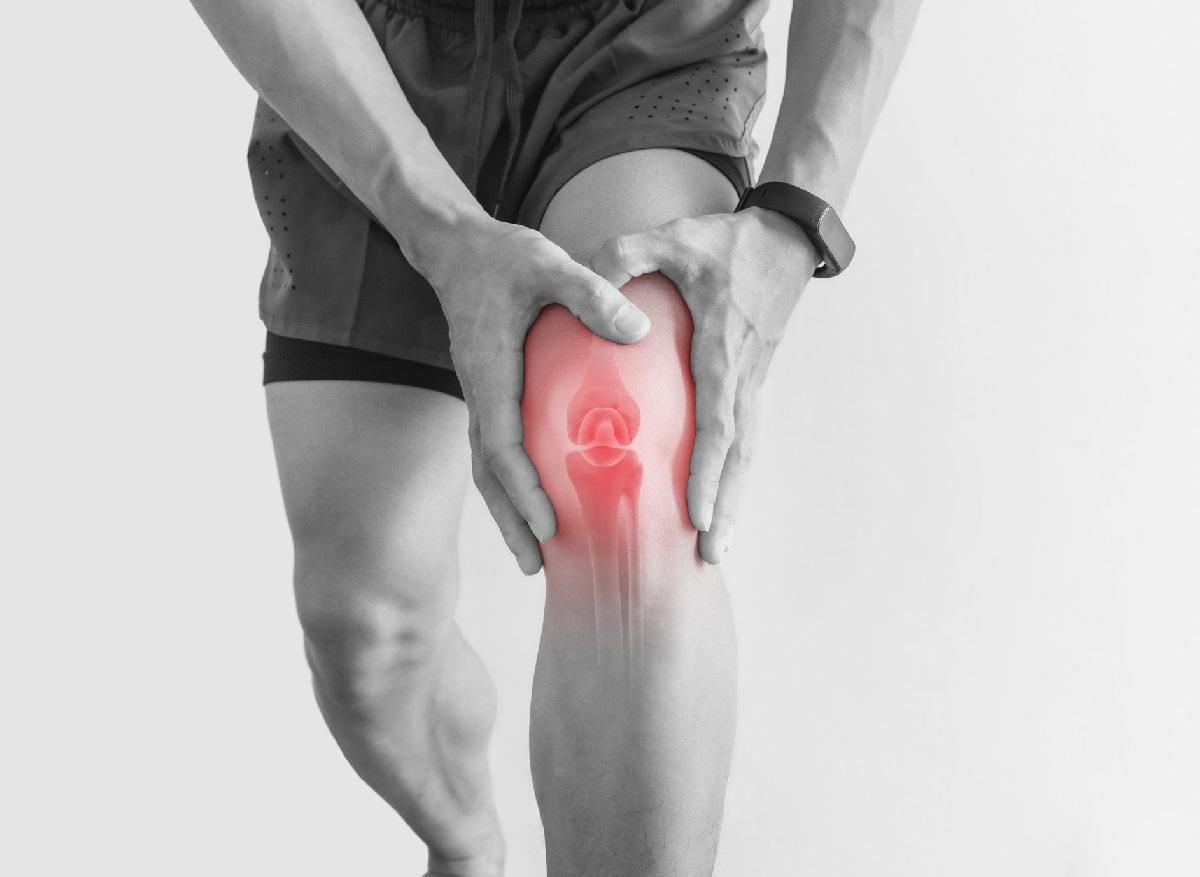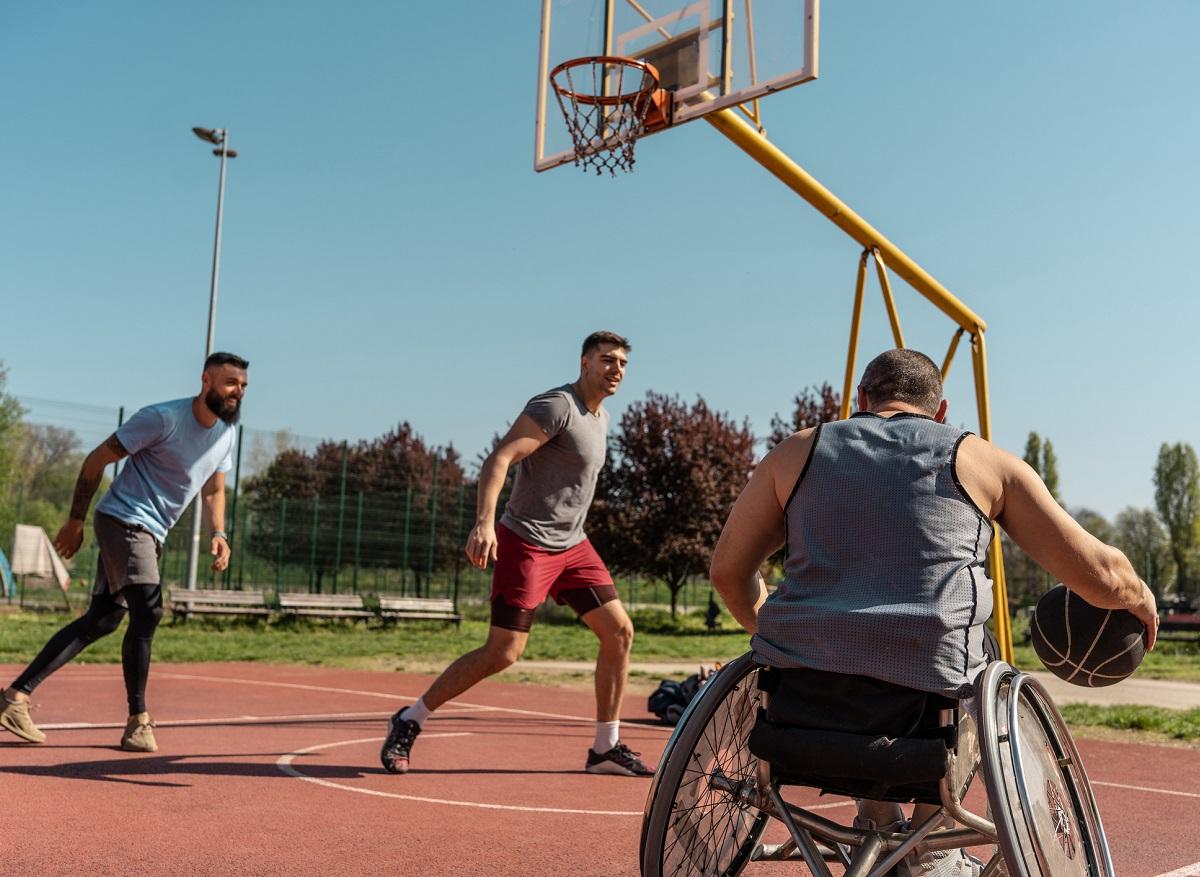Parkinson’s disease affects all aspects of the person’s life: physical and cognitive. Practicing a physical activity slows down the development of this pathology, but also prevents it from developing.

The practice of sport in the elderly has many advantages. Regular exercise has been shown to reduce the onset of diseases such as Parkinson’s. It is a neurological condition resulting in premature aging of the neurons responsible for making dopamine, a dopamine deficiency leads to a slowing down of nerve impulses from the brain to all the muscles. This disease usually causes motor symptoms like tremors, limb stiffnessbalance disorders and lack of movement control.
The beneficial effects of sport in seniors
It has been proven for years that playing sports slows down this degeneration, but it could also prevent the onset of the disease. In 2016, a study proved that a regular physical activity reduced the risk of having Parkinson’s disease by 34%. Exercising stimulates dopaminergic neurons. A team of German and Australian researchers then wondered whether physical activity could have a positive effect on other symptoms of Parkinson’s disease, in particular memory related. Indeed, Parkinson’s disease, in addition to causing motor symptoms, also presents many other cognitive symptoms.
Parkinson’s disease and its cognitive effects
“Physical exercise is generally associated with increased cognitive function in the elderlybut the effects on people with [maladie de Parkinson] were not yet known”, explained Tim Stuckenschneider, the principal researcher. With his team, he looked at the data provided by 11 studies. In total, they had data on 508 people diagnosed with Parkinson’s disease , with severity scores ranging from 1 (lowest) to 4 (highest) on the Hoehn and Yahr scales (which measure the degree of progression of disease symptoms). , their findings suggest that exercise may have a positive effect on different types of Parkinson’s disease symptoms, including cognitive ones. Journal of Parkinson’s Disease.
What sports to practice?
The researchers indicate that aerobic exercise, in particular, had a positive impact on memory and executive functions (a term for behavioral control in Parkinson’s disease). The exercises of resistance and coordination also have a positive effect on cognitive and executive function. The researchers point out that exercise could also prevent Parkinson’s disease from progressing to Alzheimer’s disease. But further studies will be needed to better understand the specifics of the relationship between physical exercise and Parkinson’s disease.


















